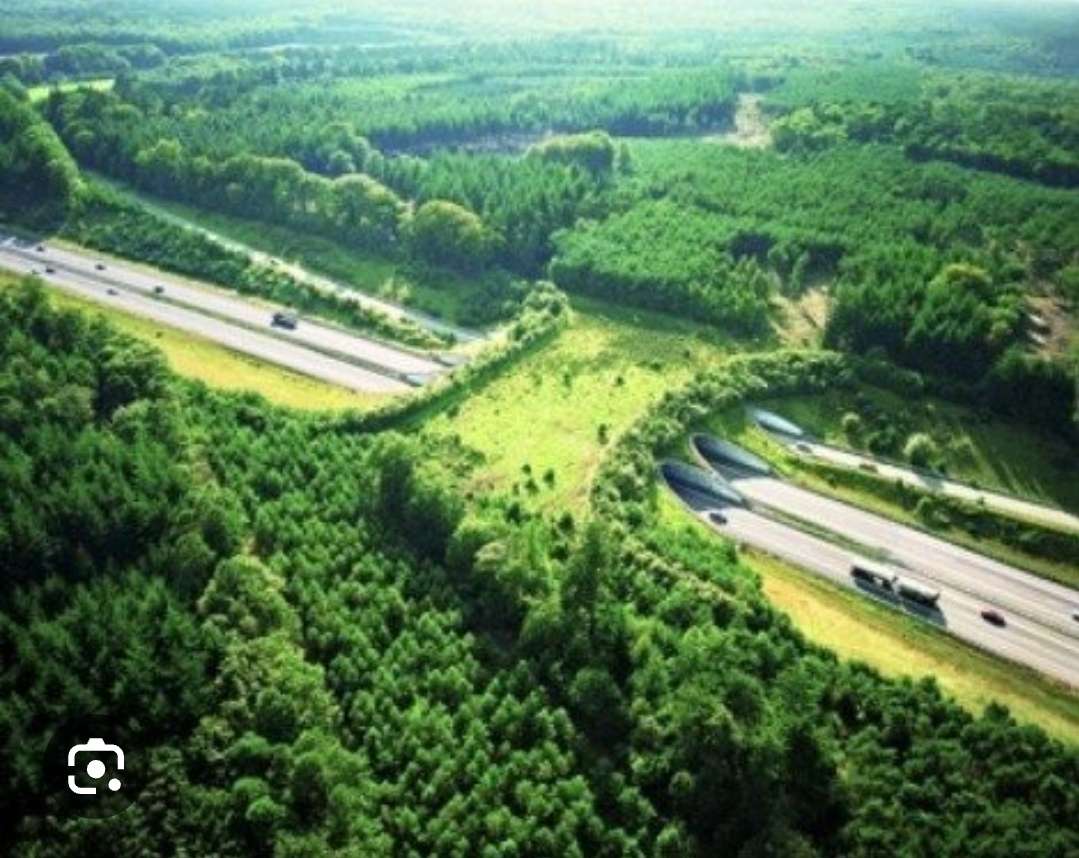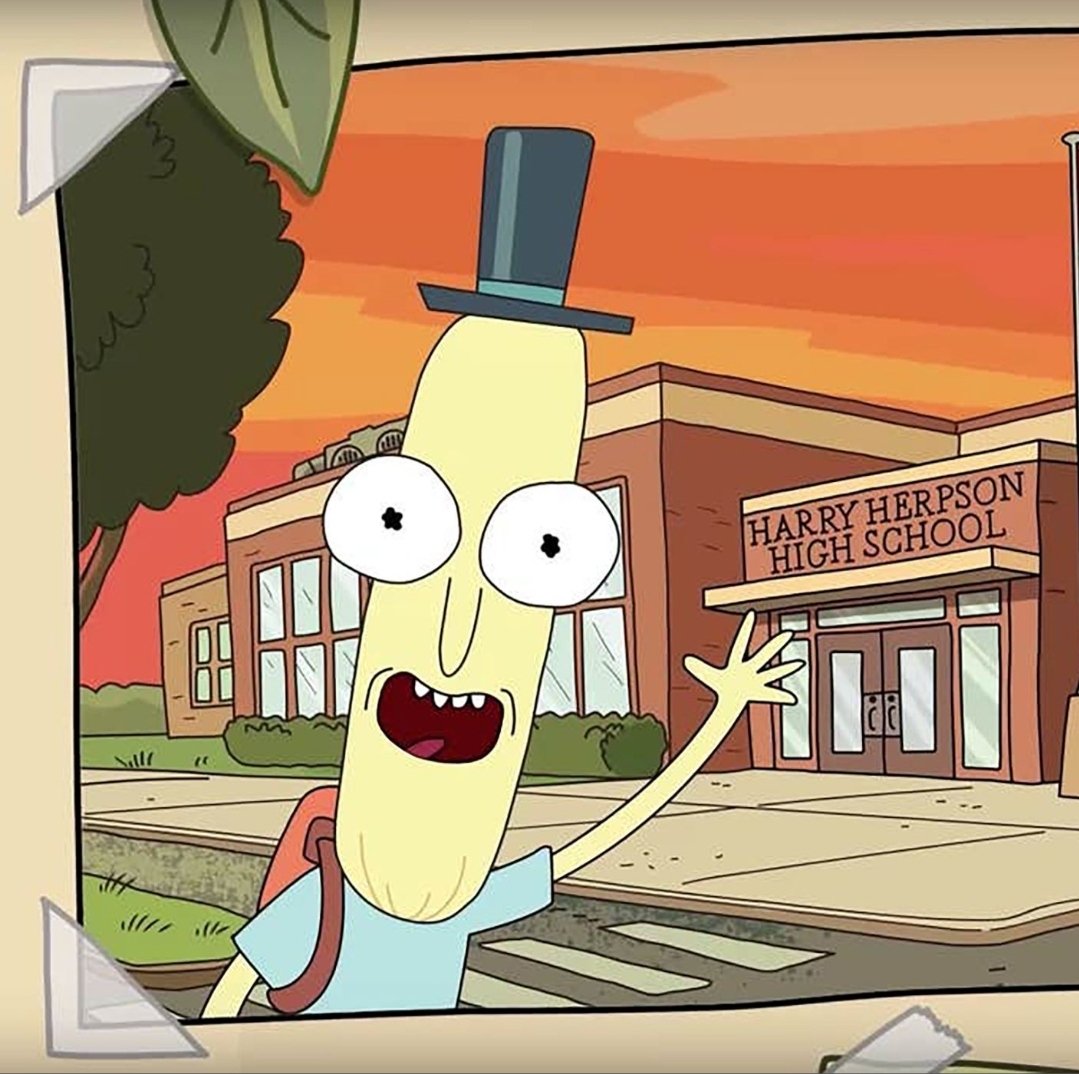The real reason is the local politicians and their families started getting tickets too, and they're not happy. So the program has been put on pause.
Is Tom Cruise going to run the program?
Call it Minority Report
Could not be more correct. Public spaces and transit, cities need to be for the people that live there. Not for suburban commuters
I find nothing wrong with this movement, but at the same time I almost feel like this movement is exactly what "government's" may want. Less educated individuals having children means more uneducated voters in the long run.
Kind of like that scene in Idiocracy (2006).

These are great for wildlife as they provide a safe crossing over high-speed highways. They are usually design to be in already existing migration paths where moving a proposed highway may not work and not disrupting migration paths is of importance.
Didn't I pay for the OS?
Could you imagine having to fill up on gas driving to a specific gas station designed for your make/brand of car.
Hey honey, going out to fill up the car at the local Subaru Gas Station.
Mr. Poopybutthole has my vote!


These are great for wildlife as they provide a safe crossing over high-speed highways. They are usually design to be in already existing migration paths where moving a proposed highway may not work and not disrupting migration paths is of importance.
This video here explains one of the issues one minute in. Definitely worth a watch.
https://www.youtube.com/watch?v=Fh4H9qZ-_6Y&t=55
The way car companies are working around this legislation is why it's so hard to find and buy smaller sized cars (like smart cars) even if there is demand. It also makes our community less safe for pedestrian traffic.
This looks like a scam text message asking for banking information. Is that hyperlink going to a true T-Mobile website?

Should have specified, anything equivalent for Canadians. I was interested in Privacy.com but the TOS are only for the USA.